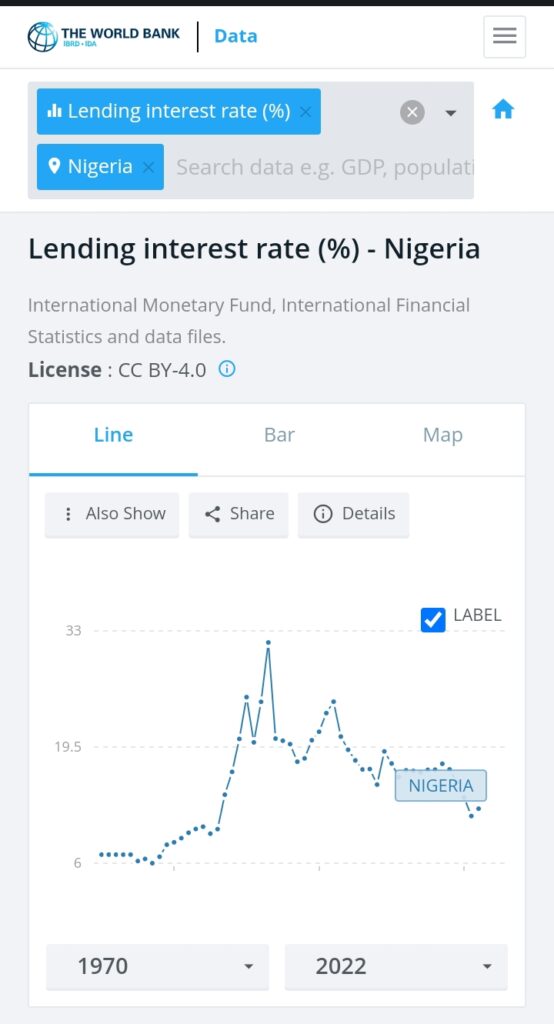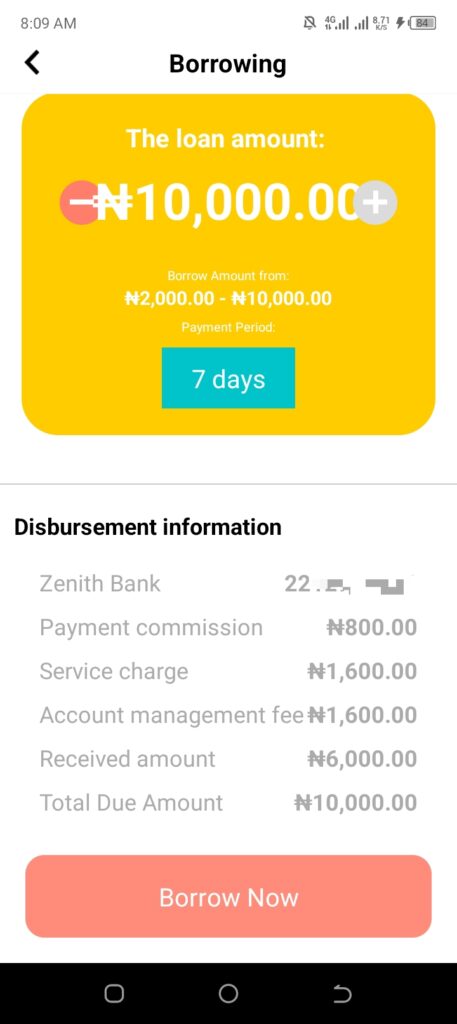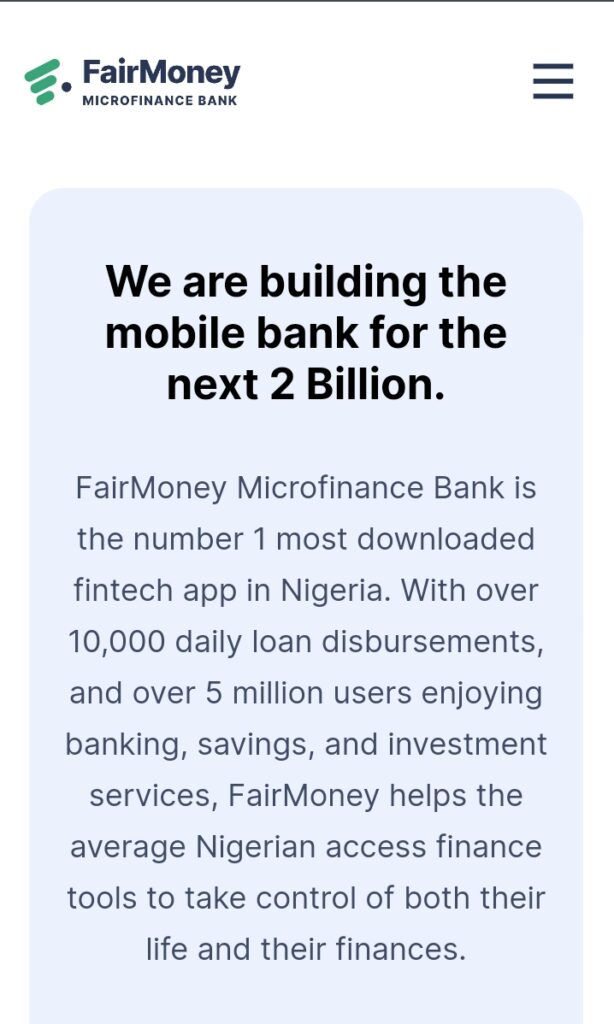By Peter Emmanuel
NRTC Contributors is a News Round The Clock (NRTC) initiative established to give students, scholars and other readers the opportunity to air their opinions on various issues, topics and give reviews of trending episodes in our society and other parts of the world.
Why We Still Embrace Online Loan Apps Despite FG Ban In 2022

In this report, Peter Emmanuel spoke with Nigerians who are still borrowing from online apps after the apps were banned by the Federal Government.
Staring at this reporter inside a container painted in cream colour was 45-years old Balogun Temitope, a father of four and also businessman in Lagos State, Nigeria.
The time was 11:00 am on a Tuesday morning around Egbeda in Lagos when this reporter approached Mr Balogun who was attending to a customer (she was buying bread and tea). Upon seeing this reporter, he was joyous, hoping he wanted to purchase what he was selling, due to the downturn in the market.

ALSO READ: NRTC Contributors: How we make a living in school
“I’m not buying anything”, said this reporter—with a disappointed face after he asked,”what do you want?”
Mr Balogun revealed that he had been borrowing money from online apps to furnish his shop with goods. “Businessmen like me are helped by the online borrowing apps business we couldn’t borrow from people or banks because of disgrace and collateral,” he said with concentration on her market.
ALSO READ: NRTC WEEKLY: Top 5 trending stories across the week
In August, 2022, the Federal Competition and Consumers Protection Commission, FCCPC, directed payment systems operators, PSOs, such as Flutterwave, Opay, Paystack and Monify, as well as telecommunication companies, including Mobile Network Operators, MNOs, in Nigeria to stop providing support that enables the operations of illegal digital money lenders, also known as money sharks, in Nigeria.
The link below shows out the annual statistics which Nigeria borrows according to the Central Bank of Nigeria CBN.

Equally, the decision was made known by the Executive Vice Chairman/Chief Executive Officer, FCCPC, Babatunde Irukera in Lagos, after the Commission conducted enforcement actions against a loan shark known as Soko Lending Limited.
The link below showing the lending rate in Nigeria according to the word bank World Bank like Mr Balogun, Nicholas Ugwu who sells building materials in Lagos couldn’t oblige to the Federal Government’s directive due to lack of collaterals to borrow from Bank; he rather borrowed from Fairmoney, Okash and Palmpay Credit”.
“I only use three which are Fairmoney, Okash and palmpay credit and I do encourage my colleagues to borrow from them due to it little interest because it help us to know whether we make profit or loss,” Mr Ugwu further said.
Similarly, Stephen Modupe, a student and an entrepreneur, said she borrowed from Fairmoney to satisfy his customers. “I borrowed to keep my business moving appropriately and to avoid telling customers of not having a particular product.”

“I need to borrow so that I can get my products ready, some customers pay on an agreed date either days or sometimes weeks after getting bags and shoes from me.”
On his part, Mayomi Aderele, a student of Adekunle Ajasin University said he borrowed to pay miscellaneous fees on campus.
“My parents do send money late and I can’t borrow from fellow coursemates because they are all students who are still dependent on their parents, but rather borrowed online and paid back immediately my parents credited my account.”
“I borrow from online loan apps for assignment and sometimes project,” said Olojede Esther, a student of Federal University of Oye Ekiti, FUOYE,.
According to Fairmoney, over one million people apply for loans per day.

While speaking with a financial expert, Mr. Ifedayo, he said that when we take a close look at the loans app, we will understand they are not operating like the financial institutions because they want to reap people’s hard earned money. Analyzing why some loan apps borrow individual money and ask such people to pay back within 7 days.
He further stated that the majority of these loan apps are owned by foreigners and to him it has an effect on Nigeria’s economy due to the fact that when they get the money here, they will leave and invest in their country. “It is a leakage to our economy,” Ifedayo said.
N.B: NRTC Contributors is a News Round The Clock (NRTC) initiative established to give students, scholars and other readers the opportunity to air their opinions on various issues, topics and reviews of trending episodes in our society and other parts of the world.







